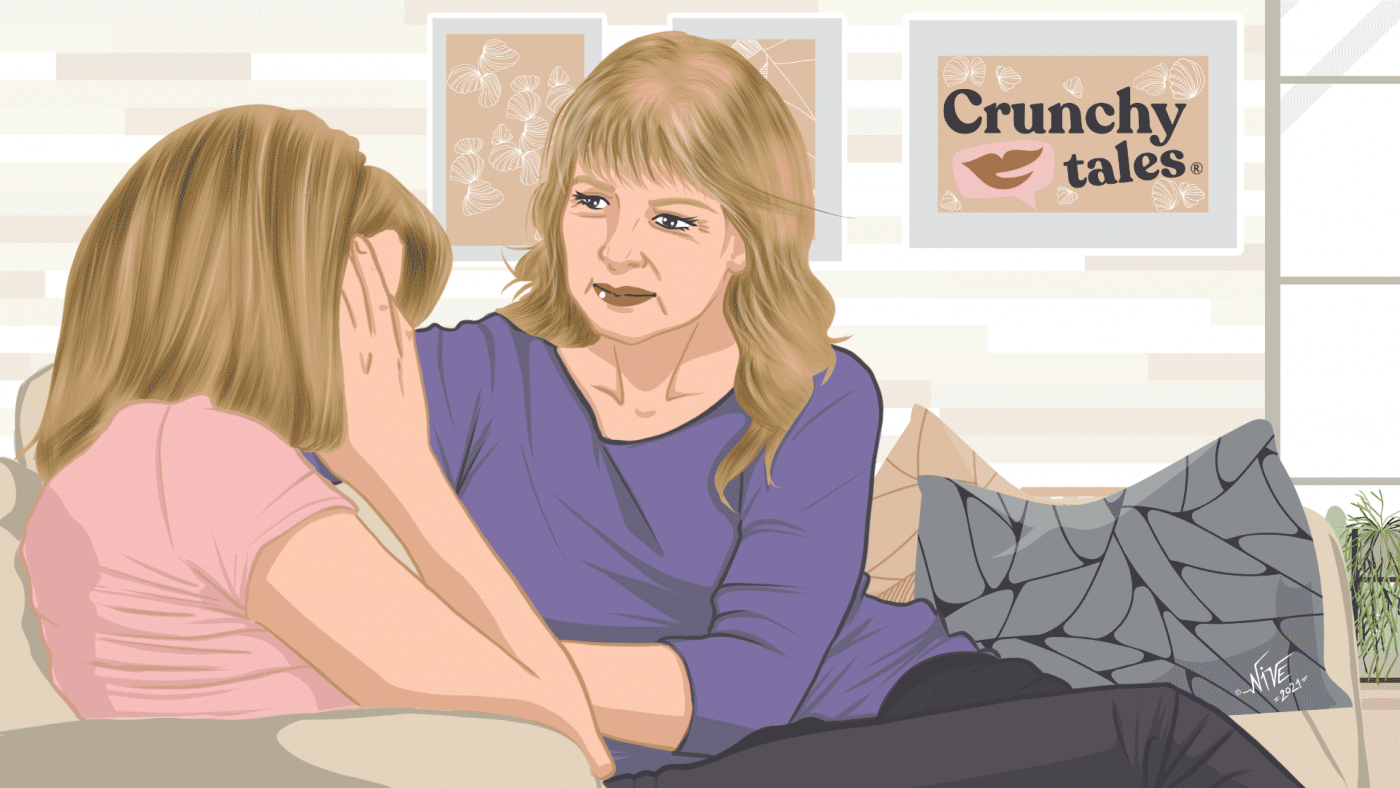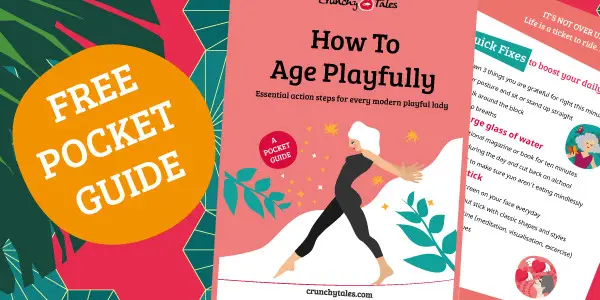6 Strategies For Handling Difficult Teen Agers
Raising teen agers can be both exhilarating and exhausting. There is such a dichotomy between what they think they know and their actual level of wisdom. At times, however, I secretly think my son just might be smarter than me. In any event, when parents and difficult teens come together with different mindsets it can result in a distance that tends to emerge like the silence between two notes in a musical composition. But we must remember this is how beautiful melodies emerge.
There are the good times, those ones we grasp when our teens acknowledge our efforts, even sacrifice, perhaps, on holidays or our birthdays. These seem, at times, to be overshadowed by disregard and at times downright disdain. Of course, this is normal teen behaviour but to parents, it doesn’t feel that way. What’s important is that we show our teens how to live, love, and laugh toward flourishing.
Handling with care
There are 6 essential components that benefit us as well as we become aware of how we influence our children throughout their lives. Literally, they are learning from us with every action/inaction and there is always room for improvement.
Be mindful of our communication
The majority of our thoughts are negative and repetitive. Our thoughts become our words, which become our actions. Being mindful of this around our teens is essential because a focus on positivity is beneficial for healthy communication as well as the well-being of mind, body and spirit. About 40% of our communication is verbal, the rest is gesticulation, facial expression, even energy. When we become aware of what we think and say, we realize at times it can be negative or perhaps even accusatory or victimizing. This might be a result of wounds from our past. This is how they are passed down through generations. In order to break the cycle of generational dysfunction, we need to find positive ways to connect with our teens, reinforcing that we’re there for them, not just as authority figures, but as active, loving, supportive participants in their lives. Parents need to carefully choose their thoughts that become their words and actions to set their teens on a path toward flourishing.
Choose to focus on positive behaviour
Oftentimes, it is negative behaviour that gets our attention. The teen that’s behaving, quiet and acquiescent, can be overlooked. Kids crave our attention and they will try to get it in any way they can, even if it’s negative. In today’s world, with 24/7 global information at our fingertips, it’s harder to compete for attention. It’s up to parents to reward positive behaviour as well as to discipline the negative. If possible, try to let go of your teen’s negative attitude or behaviour, unless of course, it is harmful, and focus on rewarding positive interactions. We get more of what we focus on and kids will rise to the occasion in order to receive attention from us, which of course is love.
Be aware of the consistency of your words and actions
Our words must match our actions to cultivate trust which is the basis of healthy relationships and meaningful connections. Cognitive dissonance is the disparity between thoughts and actions and this can cause inner turmoil for us, as well as anxiety with our children who want to see us as a rock that they can depend on. At times we might say one thing then do something else. This is confusing to our teens and gets in the way of effective parenting and role modelling. As Ralph Waldo Emerson said, “What you do speaks so loudly that I cannot hear what you say.”
Emotional management is key in healthy connections
Parents can be triggered during a conversation and it’s important to stay level-headed in order to keep the lines of communication open. This can be difficult during the conflict. Remembering that there is a space between what is said and our response is helpful. That space is the present moment and if we take a breath, bring our thoughts to the here and now, and remind ourselves that we can choose a loving response we can maintain equanimity. If one side is angry and the other matches that energy the situation can propel into a downward spiral. Our goal as parents is to have a productive talk where both sides feel heard and valued, even if there is not an immediate resolution.
Practice the Golden Rule in your interactions
Our children want to feel loved and worthy, as do parents. We are familiar with the directive — treat others the way you want to be treated. Sometimes parents can let anger and frustration get in the way. It’s important for them to model what healthy, positive relationships and connections look like, and to always try to see the situation from their child’s perspective and treat them in a way that’s engaging, open, respectful, and how you would want to be treated. It’s interesting that we’re not born with these essential life skills but both teens and parents can learn them and then practice them going forward.
Approach each conversation with curiosity and gratitude
Every interaction we have is an opportunity to learn something new and expand our horizons. If we have different opinions, accept that the other person is at least 10% right and the interchange will go more smoothly. If possible, inject humour to ease tension. Practice active listening where you acknowledge what is being said for better understanding and to show your teen that you care about his/her feelings and what he/she has to say. Both parties don’t have to agree, but if they can walk away feeling as if they’ve learned something, that is a win-win.
Showing we care about what our teenagers are doing, thinking, and feeling is paramount, but this takes kindness to the next level. It takes effort, but by being mindful of your words and actions you’ll find a middle ground that will lead to a more authentic relationship. Caring comes from the heart and is reflected in every aspect of our interactions with our teens. The saying, ‘It’s better to be kind than right,’ resonates with our teens as well. Our interactions shouldn’t be seen as a power struggle but as an attempt to connect on an authentic level that cultivates trust and respect. Realizing that you have a choice in how you respond and knowing that when you choose love you are opening your heart as well as your head to facilitate peace can make all the difference. In the end, we will have the fewest regrets when we are present with our teens and operating from the heart.
Like this post? Support Us or Sign up to our newsletter to get more articles like this delivered straight to your inbox!







